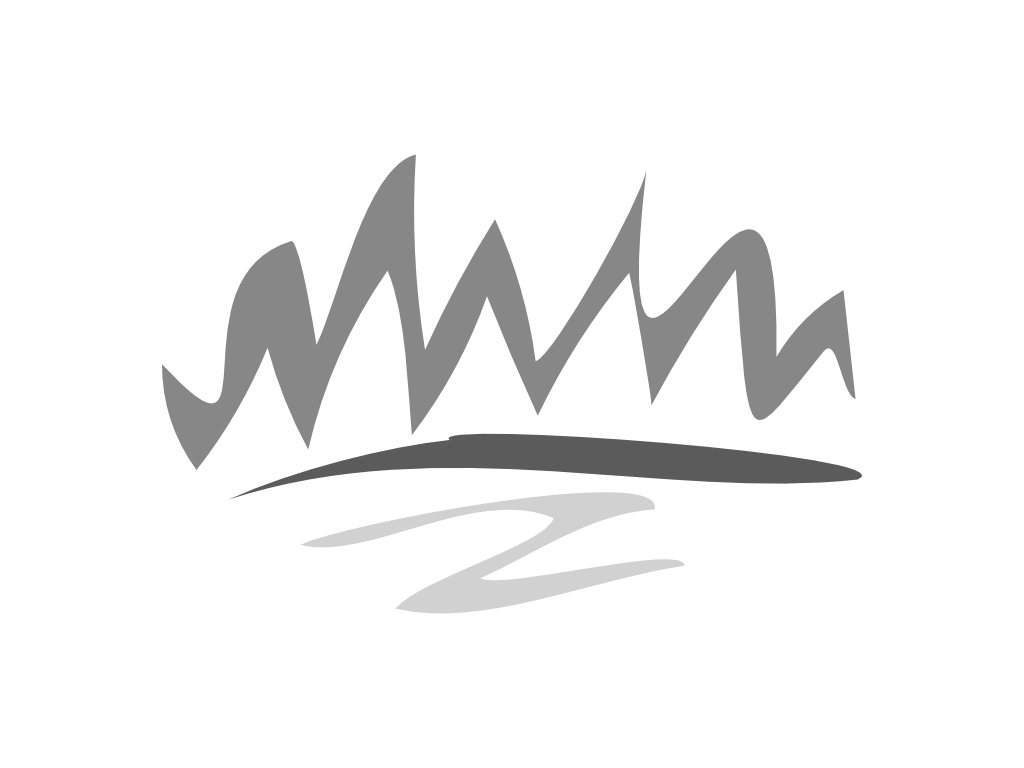
Victoria – Government approval of logging in a contentious area of the Queen Charlotte Islands has been set aside, as a result of an appeal brought by the Forest Practices Board.
“This decision demonstrates that the public can hold government decision-makers accountable under the Code. The Review Panel emphasizes the importance of public participation—as well as the importance of having a public watchdog agency to oversee government Code decisions,” said John Cuthbert, Vice-Chair of the Board.
The Board had appealed the government’s approval of two cutblocks in the Government Creek area. The Government Creek watershed is a largely unlogged area with significant values of interest to conservationists, the Haida First Nation, the licensee and the community itself. The area has been contentious for some years, and a stakeholder negotiation process had been initiated to determine its future.
“By setting aside the approval of these cutblocks, the Review Panel has set an important precedent for the way that government deals with forest development plans,” continued Cuthbert. “In addition, the decision makes some very important statements about the importance of the public consultation process for such plans.”
The problem in this case was that the proposed plan that went out for public consultation described the two cutblocks as being “deferred” from logging. In spite of this, last October when the local Ministry of Forests’ district manager approved the plan, she failed to “defer” harvest for the cutblocks, but instead gave them final plan approval.
When the Board was approached by the Gowgaia Institute (a local conservation group), the Board considered the issue and launched an appeal to the Review Panel that issued today’s decision. The Board was concerned that the plan approval seemed to contradict the document that had gone out to the public.
The Review Panel has now ruled that the plan submitted to government and the public showed that the cutblocks would be “deferred”—and that they should not have been approved for harvest.
The Panel went on to rule that the cutblocks must retain a “deferred status” until there is a public review process—a process “with the intentions for those areas clearly spelled out and made known to the public.”
The Review Panel stated, “The public consultation process is a fundamental principle that underlies the Forest Practices Code.” They also emphasized, “The general public has the right to accurate, clear, and unambiguous information in proposed plans.”
Created in 1995, the Board is BC’s independent watchdog for sound forest practices. The Board provides British Columbians with objective and independent assessments of the state of forest planning and practices in the province, compliance with the Code, and the achievement of its intent. The Board’s main roles are: auditing forest practices, undertaking investigations in response to public complaints, undertaking special investigations of any Code related forestry issues, participating in administrative reviews and appeals and providing reports on Board activities, findings and recommendations.
Forest Practices Board
Phone: (250) 387-7964
1-800-994-5899
